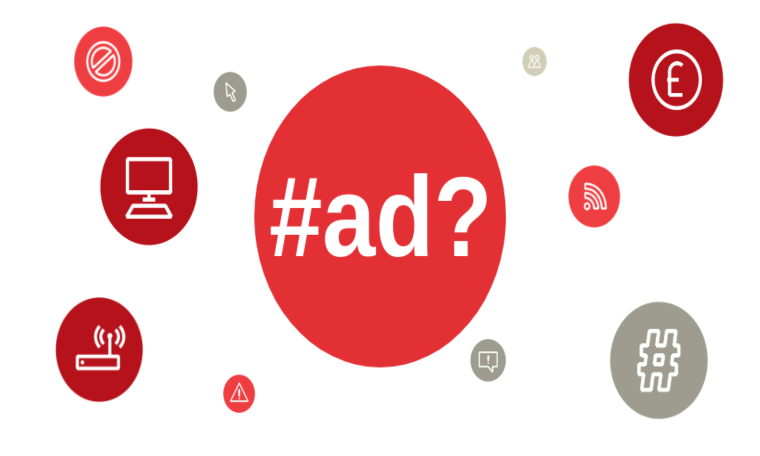
The UK's Advertising Standards Authority (ASA) Is Taking Action Against Influencers Who Don't Disclose Paid Partnerships
The Advertising Standards Authority, UK’s independent advertising regulator, recently sanctioned six Instagram influencers for failing to disclose ads on their accounts.
After the ASA released its March 2021 Influencer Ad Disclosure on Social Media report, which found that only 35% of influencer ads were adequately labeled, the ASA developed a new website to display influencers who did not properly disclose paid partnerships despite multiple warnings.
Along with adding these influencers to the website, the ASA also recently launched ads informing people that these influencers aren't complying with the necessary rules regarding social media advertising. It plans to continue running these ads until improvements are made by the influencers. However, it says it will take more direct action if non-compliance continues to occur.
While the ASA's stance and actions may seem extreme to some, others might argue that it is appropriate. In an age when more brands are turning to influencer marketing, it's even more important for consumers to know when they are seeing advertisements vs. when they are seeing organic content.
Federal Trade Commission, the governing body in the U.S., has not really punished influencers when it comes to non-disclosure, but has punished brands and social media platforms.
That could change in the near future, however. As influencer marketing activities increase, there will likely be more cases of sponsored content not being properly disclosed. It could lead the FTC to start to take legal actions against individual influencers who don’t comply, similar to what the ASA is currently doing.
Recent initiatives by social media platforms, such as Instagram and TikTok, aim to alleviate this issue through automated tagging of sponsored content as ‘Paid Partnerships’ or prompting creators to add disclosure, using artificial intelligence. Despite the efforts being made, there are still issues, especially as the lines blur between content shared on behalf of a brand and organic endorsements of products and services. In order to ensure that disclosure guidelines are being followed and to protect consumers, all stakeholders that play a role in influencer marketing have some responsibilities.
The only way that this becomes less of an issue is if the social media platforms, brands, influencer agencies, and creators all play their respective roles. Social media platforms need to continue building tools to make disclosures prominent. Brands need to ensure their creator partners properly disclose branded content. Influencer agencies and platforms must educate their clients around proper disclosure and influencers themselves should take pride in letting their followers know when they share sponsored content.
Consumers themselves can also be involved. As of today, none of the social media platforms allow users to report content that they believe is sponsored but fails to disclose that fact. Instagram, TikTok, or any of the other platforms could easily add support for them within their current reporting tools. Users can currently report content that they think violates platform guidelines, such as hate speech or copyright infringement, but there is nothing related to improper advertising disclosure.
This post was published originally on lindseygamble.com. Join my free newsletter here to receive deep dives into key social media, influencer marketing, and creator economy news, trends, and insights delivered directly to your inbox.
✦ Become an Author of Influence ...Without You Writing a Word ✦ 100% Done for You ✦ Ghostwriting ✦ PR & Media
1yLindsey Gamble, Thank you for your article on the UK Advertising Standards Authority's actions against misleading advertising. I'm curious about the effectiveness of technology in identifying and removing misleading ads. Do you think technology like web-crawlers and AI are more effective than human monitoring in this regard?
👏 👏 👏